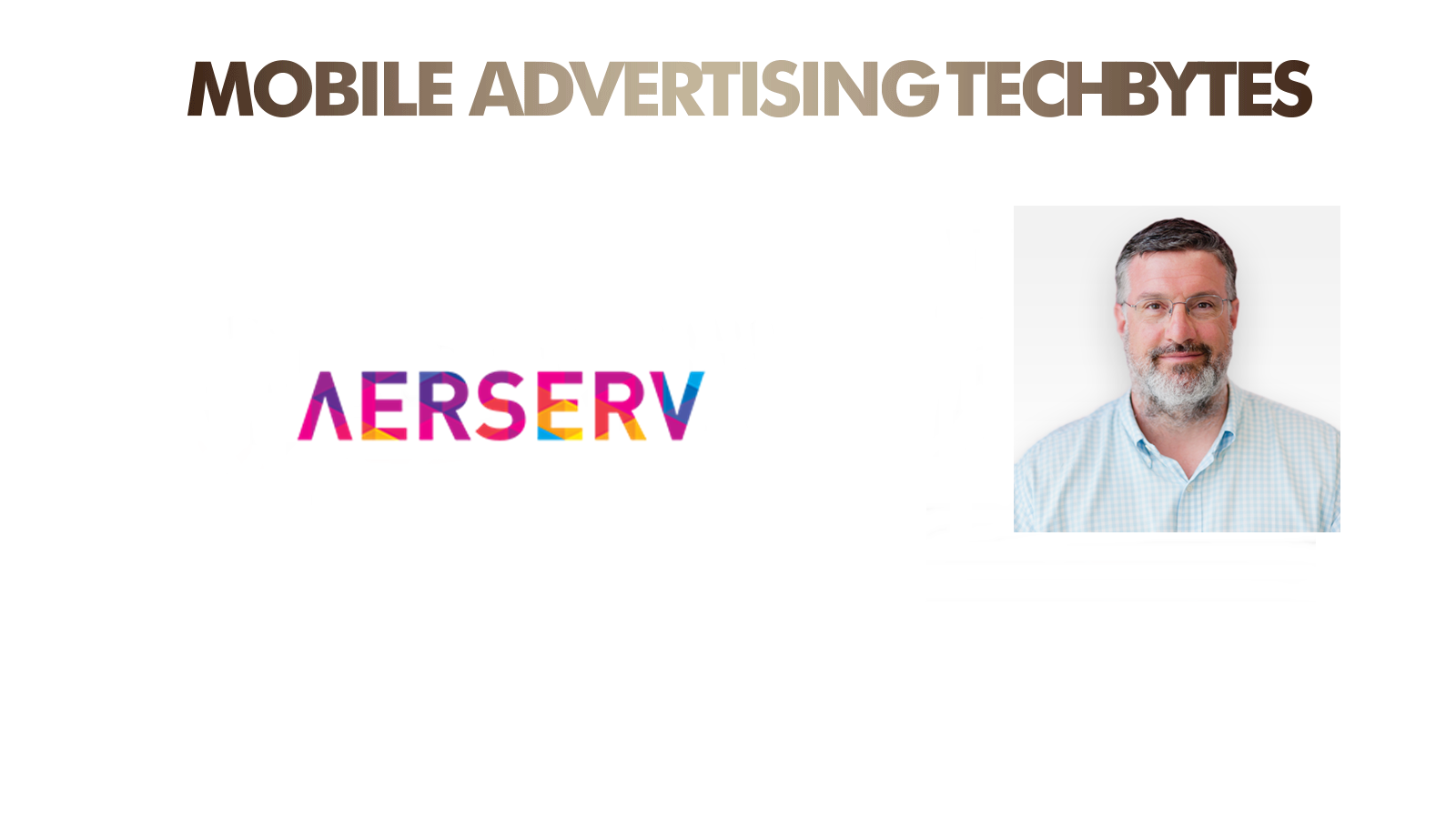Things Remain the Same
 If you hold a marketing or PR title for a technology company, no doubt you have been challenged with finding customers who will go on the record to support a corporate marketing or sales initiative. The validation of a customer using your solution — and better yet, customers who can talk about a return on investment based on your product/service — is likely the most powerful and compelling content for any PR, marketing or sales opportunity. (1) Customer testimonials (as we began calling them in the ‘80s) have been critical for decades, and the importance of communicating this level of detail about a customer experience is higher than ever as marketing, sales and PR strategies have become more sophisticated and targeted.
If you hold a marketing or PR title for a technology company, no doubt you have been challenged with finding customers who will go on the record to support a corporate marketing or sales initiative. The validation of a customer using your solution — and better yet, customers who can talk about a return on investment based on your product/service — is likely the most powerful and compelling content for any PR, marketing or sales opportunity. (1) Customer testimonials (as we began calling them in the ‘80s) have been critical for decades, and the importance of communicating this level of detail about a customer experience is higher than ever as marketing, sales and PR strategies have become more sophisticated and targeted.
What also remains the same is the delicate balance between protecting the customer from sales and marketing overuse and/or being sensitive to a customer who may be in the process of renegotiating their contract. The delicate balance of understanding what the sales team needs to be successful with a customer, while understanding the (2) lifetime value of that customer from a sales perspective, must be considered as you approach them for marketing support. The risk of losing sales with a customer should be measured against the value of the contributions that the same customer may make to your company from a marketing perspective. By sharing a story that will attract new prospects and/or provide the validation that a prospect may need when they are evaluating your solution against that of your competitor, your customer’s value may be even greater as a marketing champion.
Things Have Changed
Marketing has evolved dramatically in the last couple of decades, and nowadays there are (3) many new creative options for partnering with your customers to generate marketing campaigns or support sales initiatives. However, we still see companies frequently making the mistake of prematurely asking a new customer – or one who hasn’t been engaged in any marketing or sales activity in the past – to participate in a media interview (sometimes with an influential business reporter). Rushing your customer to the altar, so to speak, without taking the time to build a relationship and trust, frequently results in an immediate “no thank you.”
Instead, you should approach your customers in the same way someone might try to get to know someone they’re interested in dating. Here are two best practices that will help you get to know your customer champion and help prepare them for the kinds of activities you have in mind for them:
Get to Know Your Champion BEFORE You Ask Them to Help
Start with the proverbial “coffee date” to understand the role of your champion in their organization. Do your best to understand their attitudes toward participating in marketing and sales opportunities. Ask if they have done this type of activity before (in their present or past positions). Qualify and quantify what they have done in the past (activity and frequency). In this meeting (which may be a phone call or an actual meeting over coffee), also gather an understanding of their org chart and their influence in the organization, as it’s critical to get a handle on the approvals they will need to participate in your marketing/PR activities. Many large organizations have formalized the reference process by developing a form, such as the one (4) here from EMC, that formally describes the opportunity. Finally, ask about the activities your champion would consider most beneficial for their own growth, development or industry influence.
Be Prepared for Common Questions and Responses
For internal customer champions who are not especially ambitious or outgoing, there may be a fair amount of hesitancy to speak in any kind of public forum. The fear of saying the wrong thing, being misquoted, or treading on the toes of their own corporate marketing departments can deter people from participating. Choosing less challenging situations and activities as your customer champion gains confidence in speaking on your behalf will help you build trust. Following are frequently asked questions and comments from customers requested to participate in marketing and sales initiatives:
– How long will this take?
– How often do you want me to participate?
– Will I be quoted?
– Who will I speak with?
– Where/when/how often will this be used?
– Can I speak off the record?
– Can I speak anonymously?
– Who is covering expenses to travel to this event/activity?
– What benefits can I expect as a result of my participation?
– Do I have the opportunity to review what is being published before it is published?
As is the case whenever you are building trust with someone: be specific, be truthful, share all aspects of the opportunity, and offer support in preparing them for any activity you propose. And most of all, have your responses to the questions listed above worked out BEFORE you contact your customer champion.
So, now you’ve gotten to know your customer champion and have answered their upfront questions so they’re suitably prepared. Now you need to examine the various stages of customer advocacy to determine the activity that is the best fit for that particular customer champion. Stay tuned for my next blog post, where I’ll go in depth into what those stages are and the types of activities that are commonly associated with them.
Also Read: Five Successful Digital Campaigns











